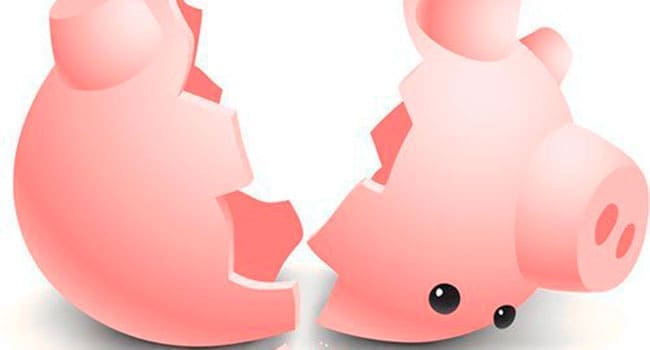 It seems like a simple question: how much do you pay for public health care? And yet it’s one that most Canadians would struggle to answer.
It seems like a simple question: how much do you pay for public health care? And yet it’s one that most Canadians would struggle to answer.
Many would say “it’s free.” Others may point to health-care premiums in provinces that charge them. And those more familiar with the statistics may cite the amount Canada spends as a percentage of gross domestic product (GDP), or spending totals from provincial budgets.
However, the amount that a typical individual or family will pay for public health care remains elusive. This is primarily because health care in Canada is financed through general government revenues rather than a dedicated tax. Further, premiums such as medical services plan (MSP) payments in British Columbia only cover a fraction of the total cost.
As a result, discussions about whether we receive good value for our payments are seriously hampered. We’re missing one side of the equation: how much we actually pay!
Fortunately, it’s possible to roughly estimate how much different families pay for public health care in 2017. Using data from Statistics Canada and the Canadian Institute of Health Information, the Fraser Institute estimates that the average family of four (two parents, two kids) will pay about $12,000 for public health care, while the average single individual will pay about $4,600.
Of course, the amount varies by income level. So the average family in the lowest 10 per cent of income-earners will pay a little less than $500, while those in the top 10 per cent will pay almost $40,000 this year.
While some may be shocked by how large – or how small – these amounts are, at the very least they demonstrate that our health-care system is far from free. Every year, most families pay a substantial amount of their income for public health care.
And that amount has been increasing over time.
Going back 20 years, (after adjusting for inflation) the average amount paid by the typical four-person family has risen by almost 70 per cent. More strikingly, the amount that the average single Canadian pays for public health care has doubled – from about $2,300 to $4,600. Remarkably, the average price paid by all families combined has increased 1.8 times as fast as incomes have during the same period.
Of course, statistics regarding Canada’s long wait times for treatment, low physician- and bed-to-population ratios, and old and outdated diagnostic technology abound. However, in the absence of a full understanding of the amount we pay for service, these failures are often brushed aside with the excuse that “at least it’s free.”
In reality, we have one of the most expensive health-care systems in the world, yet other countries with universal health care routinely outperform us on a number of metrics (most certainly wait times).
While it’s ultimately up to Canadian families to decide if they receive good value for their tax dollars for health care, they should have a more nuanced understanding of how much they actually pay. One thing’s for certain – it’s not free.
Bacchus Barua is a senior economist in the Fraser Institute’s Centre for Health Policy Studies.
Bacchus is a Troy Media Thought Leader. Why aren’t you?
The views, opinions and positions expressed by columnists and contributors are the author’s alone. They do not inherently or expressly reflect the views, opinions and/or positions of our publication.

